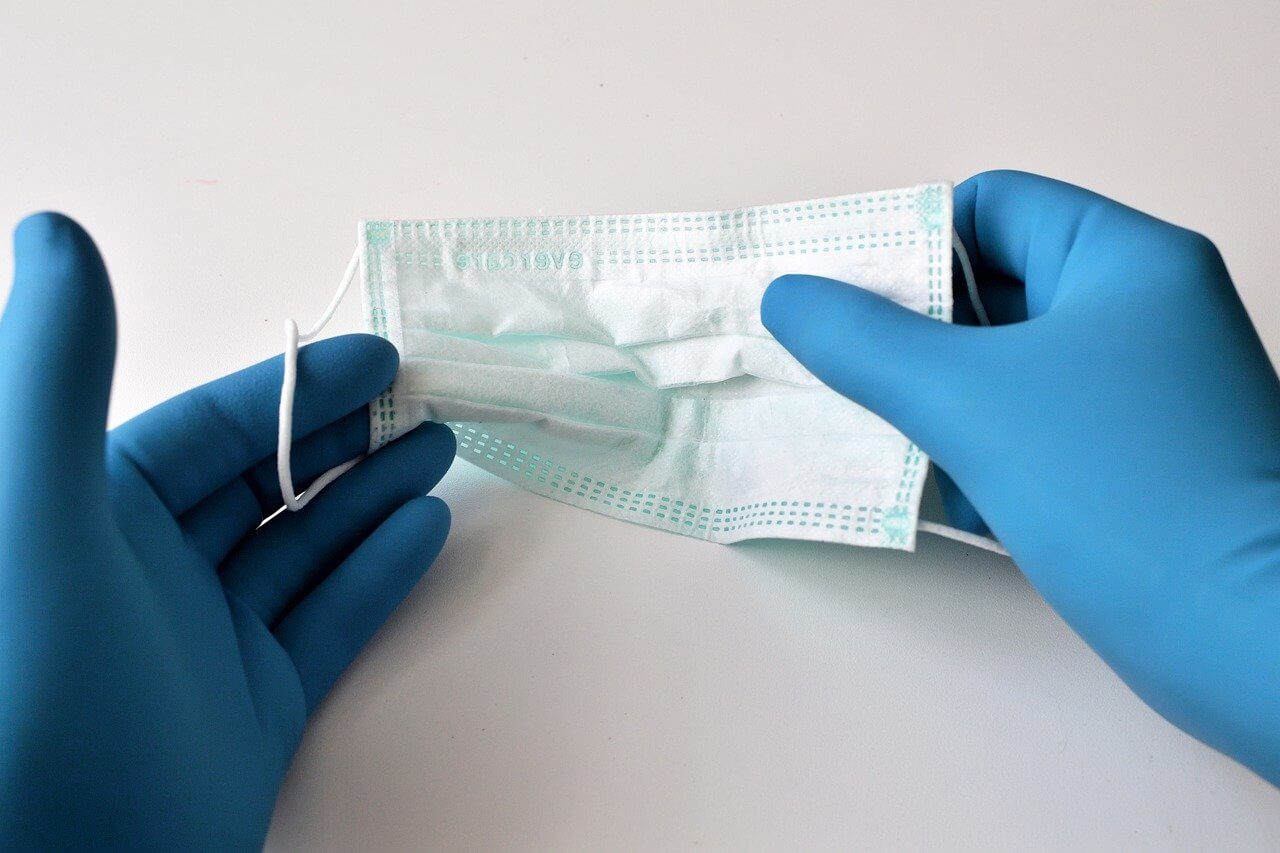In March 2020, many people found themselves without a job due to the coronavirus outbreak. Companies were forced to furlough or in some cases permanently lay off many of their employees. Businesses in the service and personal care industries were forced to close, and some of these businesses never financially recovered. Unemployed workers received $794 billion in benefits from March 2020 through July 2021. If you lost your job during the pandemic and have serious health conditions, you may be wondering whether you should apply for Social Security Disability.
In order for one to be eligible for Social Security Disability benefits, one must be unable to work due to a medical condition that lasts or is expected to last for at least one year or result in death. The Social Security Administration will not approve one for disability benefits simply for not being able to find a job. Further, to qualify for Social Security Disability Insurance (SSDI), one must have worked in jobs where they have paid taxes on their earnings. You can earn up to four work credits per year through wages. In 2021, workers can earn one credit for each $1,470 in wages or self-employment income. Once you have earned $5,880, you have earned your four credits for the year. In addition to SSDI, you may also qualify for Supplemental Security Income (SSI) if you have limited resources. The resource limit is $2000 for an individual and $3000 for a family. “Resources” include cash, bank accounts, land, vehicles, personal property, life insurance, and anything else that you own that can be converted to cash and used for food and shelter. Individuals who are approved for SSI benefits are eligible for health insurance coverage through Medicaid. Having access to Medicaid coverage can allow you to seek treatment for your medical conditions without having to incur out-of-pocket costs when seeing providers. The legal team at LaBovick Law Group can assist you with determining whether you should submit an SSI application along with your SSDI application.
When applying for Social Security Disability Benefits, you will have to prove to the Social Security Administration that you are unable to work due to your condition, and not due to losing your job because of COVID. However, even if your employer attributed the elimination of your job to COVID, it is still possible to be eligible for Social Security Disability benefits. One of the first things to consider is whether your employer lets go of all of its employees or only some individuals. If your employer did not lay off its entire workforce, consider why you may have been selected. Were you having any trouble in your position prior to the layoff? Were you missing a lot of work prior to losing your job? Was your employer providing you with accommodations for your condition that they were no longer able to provide to you due to the changing economic landscape resulting from COVID? Did you have any discussions with your employer or management about your performance or any verbal or written warnings on file? Have you ever taken FMLA leave due to your medical conditions? If you do not have copies of your paperwork, contact your former employer’s HR department and request for your writeups to be sent to you. This can be used to support your disability claim and prove that your condition was interfering with your ability to work. Consider as well the length of time for which you worked for your former employer. Often, employers are more willing and able to accommodate the needs of longtime employees than they would be for newer employees with whom they do not have a history. Your employer may have allowed you to miss a substantial amount of work time for appointments or symptoms related to your condition if you had a long working relationship with them. Consider reaching out to your former supervisor for a written statement that lists the accommodations that you were being provided or that addresses how your condition was interfering with your job performance. This can be used to further support your Social Security Disability case. The expert legal team at LaBovick Law Group can discuss the specifics of your case with you and recommend the best sources of evidence to gather to support your case.
If you have returned to work, you may still be eligible for benefits. As stated above, your condition must have lasted or be expected to last for at least one year. You may return to work and be entitled to receive benefits if you are earning less than what the Social Security Administration calls “Substantial Gainful Activity” (SGA). This is based on the amount of gross income you earn per month, not on the number of hours worked. The limits for SGA income are updated on an annual basis. If your income since returning to work exceeds the SGA limits, but you are uncertain how long the position will last due to your condition, you can still continue to work for a trial work period and remain entitled to benefits. The evaluator may want to know how you are able to resume working with your condition. Therefore, it is helpful to obtain a statement from your supervisor explaining that they are providing you with accommodations for your condition so that you are able to continue working. If you are able to maintain employment over SGA levels for over 9 months, you may be entitled to benefits for the period of time when you were unable to work. This is referred to as a “closed period” of benefits.
Determining whether you are eligible for Social Security Disability benefits can often be a confusing process. You do not have to do it alone. The LaBovick Law Group legal team is here to support you and can help you determine whether applying for Social Security Disability benefits is the right decision for you. Give us a call at (561) 625-8400 for a free case evaluation.





